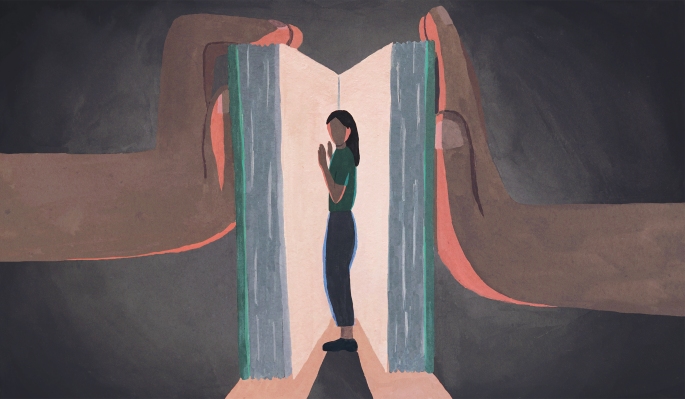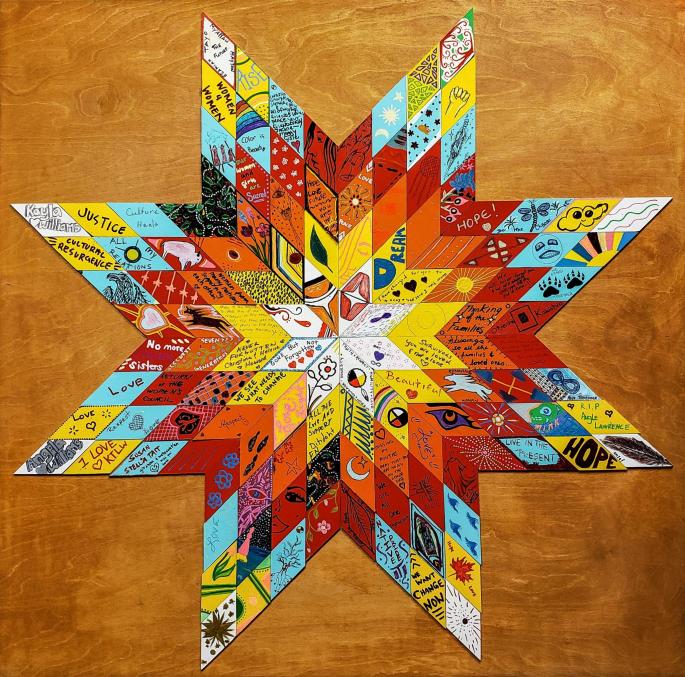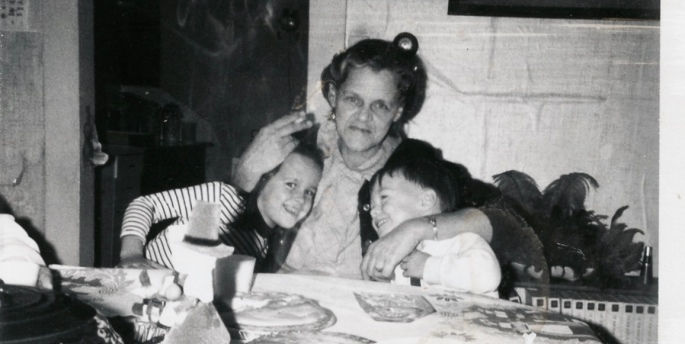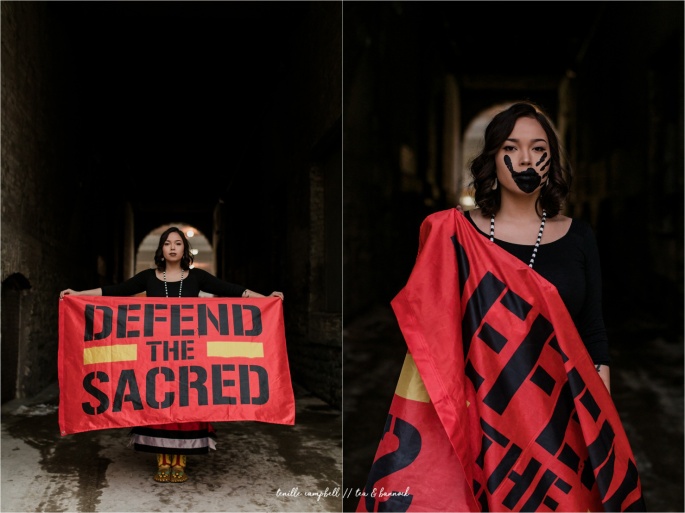-
 Whatever Happened to ______ ?
Whatever Happened to ______ ?“Being a mother, a woman, a wife and a writer is different from being a writer-writer. It’s possibly more precarious.” This Longreads essay by an anonymous writer — which has gone viral — is about the struggle to write as a woman, a mother, and as the wife of another writer who is jealous of […]
-
 Inquiry into MMIW
Inquiry into MMIWOver 2385 people participated in the truth gathering process as part of Canada’s Inquiry into Missing and Murdered Indigenous Women and Girls. Educate yourself by reading the final report and the Inquiry’s calls for justice.
-
 I’ve been thinking
I’ve been thinkingTeri Carter recalls her grandmother’s disfigurement and Otto Warmbier’s death as she considers those who abuse their power and the true meaning of liberty.
-
“Politics isn’t the most important thing. A supreme court nomination isn’t the most important thing. The most important thing, when stories like this are in the news, is the victim, and how we treat them, how we speak about them.”
-
 Kandahar’s Lone Female Prosecutor
Kandahar’s Lone Female ProsecutorIndependent journalist Maija Liuhto profiles Zainab Fayez — the lone female prosecutor in Kandahar who risks her life daily fighting for women’s rights.
-
 On Fear
On FearWriter and political organizer Alex Press on fear: “It’s hard to imagine such a state of mind, writing from the present. Ours feels like a time of fear, defined by it much as I was then defined by its absence.”
-
Journalist Natalia Antonova on writing about abuse: “Being vulnerable is not just about opening up to other people — it’s about opening up to yourself. Knowing yourself. Knowing what you are actually capable of.”
-
 For My Brothers and Sisters
For My Brothers and Sisters“My sister and I were once in the Child Welfare System so the death of Tina Fontaine struck me personally.” At Tea&Bannock, guest blogger Kailey Arthurson’s poem calls us to defend the sacred, to defend the children.
-
 How I lost my mother, found my family, recovered my identity
How I lost my mother, found my family, recovered my identityBetty Ann Adam recounts her experiences as a child of the “’60s Scoop” — a period which spanned 30 years in Canada — where Indigenous children were removed from their families in a government-sanctioned bid to “remove the Indian from the child.”
-
 Her.
Her.Sarah reflects on a complicated history she refuses to repeat. “I can tell you that I loved my grandmother deeply, and yet most of the tears I’ve shed over her death were for myself, because I wished that she were different.”
-
What we talk about when we talk about sexual harassment
Michael Hobbes on the societal blindness that puts the blame for harassment on the victim: “If you have never been hurt by jokes about your gender or your race or your sexuality, those who complain about them seem oversensitive.”
-
 Toledo, Ohio 1977
Toledo, Ohio 1977Sean Thomas Dougherty remembers Toledo, Ohio, in the late 1970s: “We were the color of food stamps and free lunch, blue denim and wide lapels.”
-
 On Success
On SuccessAs the writer’s success as an author grew and grew, so did the abuse at home — until finally, she left the man who she loved, but who couldn’t allow her to succeed.
-
 Things I Never Told Her
Things I Never Told HerAt Granta, Marian Ryan pens a longform essay on rationalizing abuse, the vulnerability of the body, the failures of compassion, and being stalked on Facebook.
-
 Advanced Placement
Advanced PlacementJessica Chiccehitto Hindman’s “Advanced Placement” is a course on deconstructing abuse: “Do you want to die? He asks you over and over again.”
Abuse / Editors’ Picks Filter



